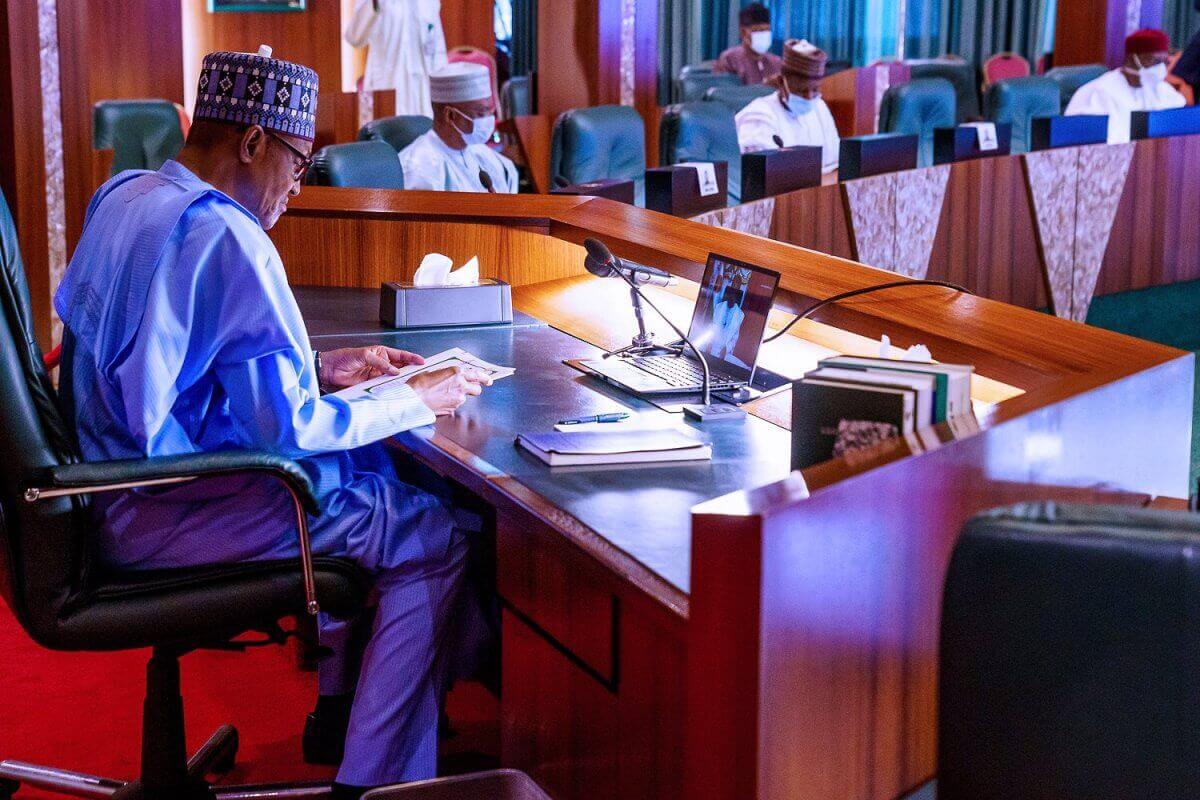On Monday, the leaders of Nigeria, Ivory Coast, Senegal, Ghana, and Niger discussed the political crisis in Mali in an Economic Community of West African States (ECOWAS) meeting, during which they threatened sanctions against the Malian opposition for rejecting mediation and a unity government.
Last Thursday, the five presidents met with Mali President Ibrahim Boubacar Keïta and the main opposition candidate, Mahmoud Dicko, an Islamic cleric, along with several other opposition leaders. The opposition, however, has stated their distrust in ECOWAS to handle the current crisis and their rejection of Keïta’s concessions, while also declaring that they will settle for nothing less than the President’s resignation.
Violent protests continue to rock the nation of Mali as demonstrators demand the resignation of President Ibrahim Boubacar Keïta and the establishment of a new constitutional court. Thus far, efforts at mediation have failed, despite the efforts of Nigeria, Morocco, and the ECOWAS.
The protestors’ dissatisfaction with the incumbent government erupted following Keïta’s decision to pressure the constitutional court into overturning the results of parliamentary elections in April. That being said, anger at his rule dates back further than April. The President is also accused of failing to tackle jihadist elements in the north that are now spreading to the center, and of failing to control the ongoing economic crisis.
This unrest has led to the creation of the June 5 Movement (5M), led by the powerful imam, Mahmoud Dicko. The 5M demands the dissolution of parliament, the resignation of Keïta, and the creation of a transitional government.
In early July, Keïta attempted to calm tensions by dissolving the court. At the same time, he decided to begin implementing some of the recommendations put forth by the ECOWAS, which entail re-running the contested legislative elections from March. The ECOWAS mediation team, led by former Nigerian President Goodluck Jonathan, also convinced Keïta to form a transitional, power-sharing government, under which the ruling government would hold 50% of the seats, and opposition parties and civil society groups would respectively be left with 30% and 20%. Keïta also indicated that he would be willing to dissolve the national assembly.
However, these concessions and ECOWAS’ mediation has been rejected by the opposition. Nevertheless, ECOWAS has stood firm in saying that pushing for Keïta’s resignation is a “red line” that they are not willing to cross as they consider his 2018 election victory to be “democratic and entirely legitimate”. The M5, on the other hand, do not trust Keïta to give them “meaningful influence” in a power-sharing, unity government. They further said that ECOWAS has an incomplete understanding of the “depth and gravity of the sociopolitical crisis which is mortgaging the future of Mali”.
After the failed mediation efforts last week, on Monday, ECOWAS leaders threatened to impose sanctions “against those who act contrary to the normalization process of the crisis”, namely the opposition.
Mali Opposition Rejects Mediation and Unity Government, ECOWAS Threatens Sanctions
The organization’s efforts to resolve the Malian political crisis have been unsuccessful.
July 29, 2020

Nigerian President Muhammadu Buhari SOURCE: NEWS DIARY ONLINE
